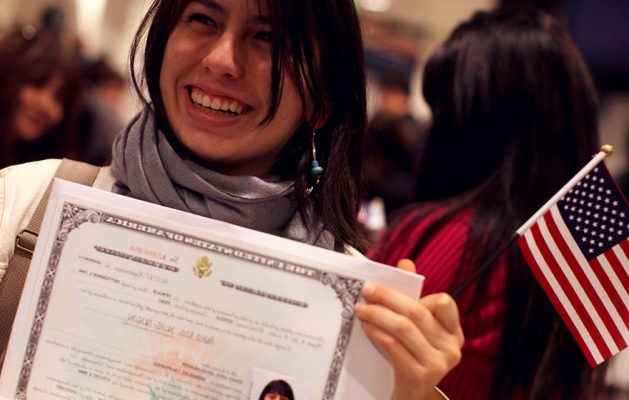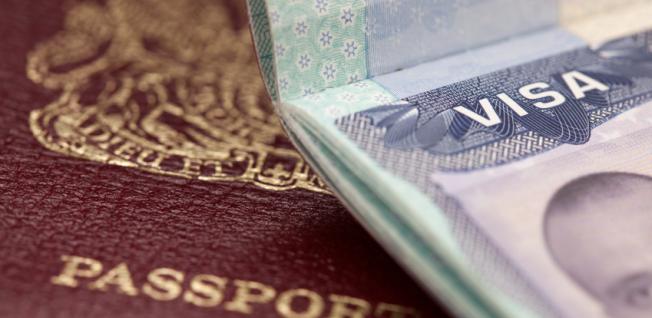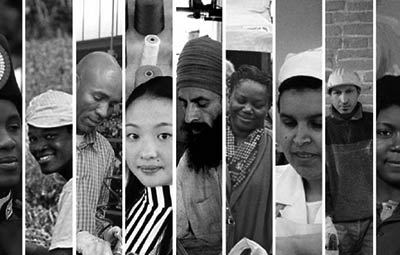People born in the United States automatically get US citizenship (as specified in the fourteenth amendment of the Constitution), while those born abroad with at least one US citizen parent usually meet the requirements. In addition, non-citizens who serve in the u.s. military are given easier access to citizenship.
Legal permanent residents (those who have the “green card”) may also get US citizenship through the naturalization process. Those seeking citizenship through naturalization must meet certain criteria, such as having a oral and written comprehension of the English language and a good moral character, and demonstrate general knowledge about the history, government, and the laws of the United States.
Below you will find a general description of the process to get get US citizenship, with links to articles from government resources.
Requirements for Naturalization
The people non-citizens who have had a green card for at least five years (three years in the case of spouses of U.S. citizens), non-citizens who serve in the U.S. army and the children of U.S. citizens typically qualify to get US citizenship if they meet all other requirements.
- See the sections on “Citizenship through naturalization“, “Requirements of continuous residence and physical presence for naturalization“, and the website of the Citizenship and Immigration Service of the united States (U. S. Citizenship and Immigration Services, USCIS) for additional information.
Naturalization process
The process to become get US citizenship through naturalization include paperwork, background checks, an interview, tests and an oath of loyalty. Persons applying for naturalization often complete the process without legal help, but some cases require the assistance of a lawyer specialized in immigration.
- The article “Citizenship and naturalization” by Find Laws includes general information about the naturalization process.
- The USCIS offers a range of resources to help prospective u.s. citizens through the naturalization process, which includes a “Guide to naturalization” and the “Center of Resources for the Citizenship”.
- The USCIS also offers video presentations online on the process of naturalization: “How to become a u.s. citizen: an overview of the naturalization process and information Sessions on the naturalization“.
Citizenship test
The naturalization test consists of four parts. Oral exams, reading and writing to determine the skills for the English language. The civic part puts to the test of the knowledge of the applicant about the history, government and the legal system of the United States.
- Please refer to the section “The naturalization test” and “How to study for the exam ed naturalization” on the USCIS website to find useful information and study guides.
Benefits and responsibilities of citizenship
US citizens who were naturalized have the same rights and privileges that citizens have in the natural (with some exceptions, such as the possibility of running for president). To change, the citizens must defend the Constitution of the United States and comply with other obligations of citizenship.
- See the section “Rights and responsibilities of citizenship,” in the USCIS website for more details.
Getting US citizenship is not something trivial. Consider speaking with an experienced immigration lawyer if you need legal assistance.










